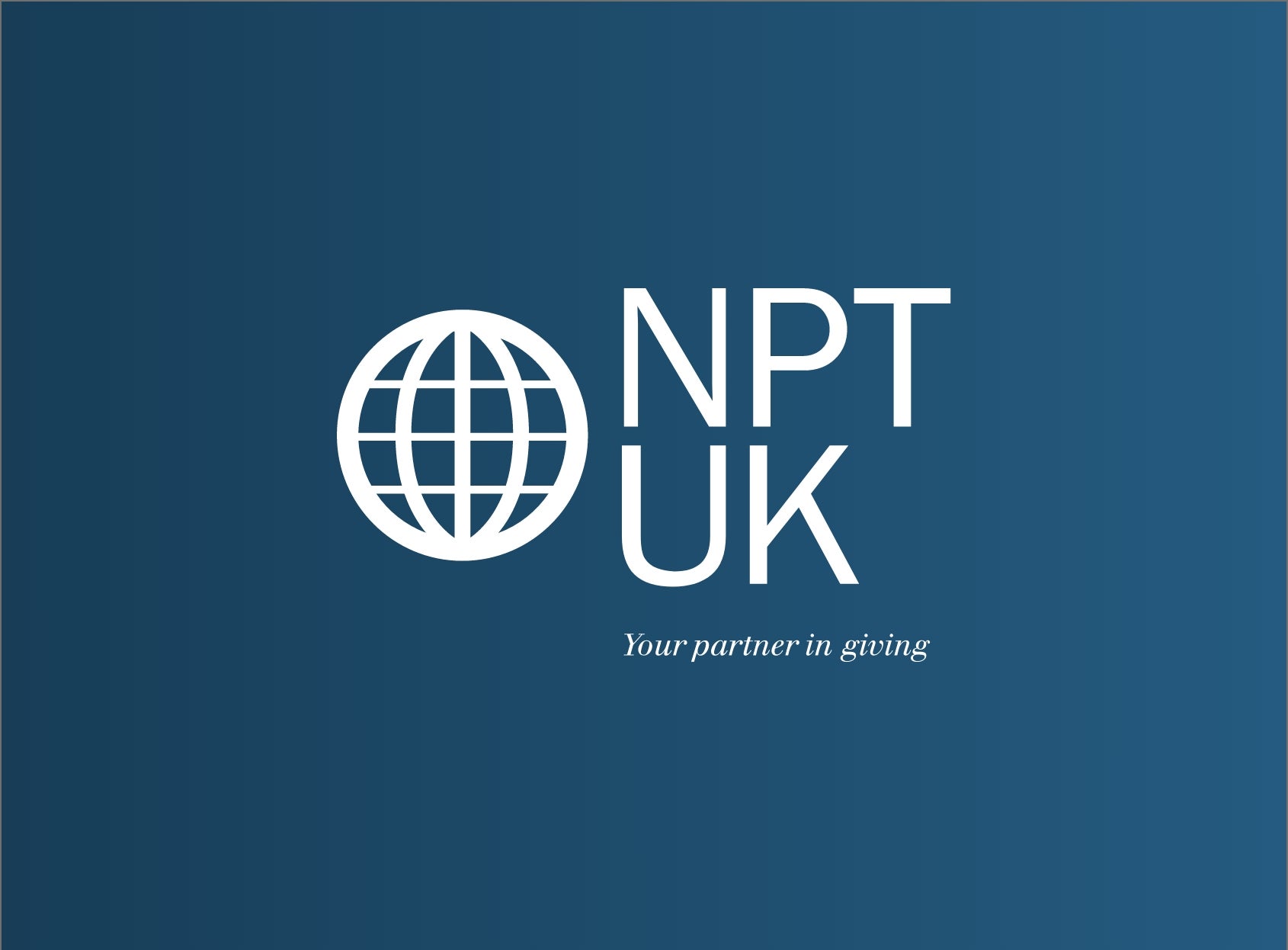The New Gilded Age: Changing Faces of Big Philanthropy

We are entering a new dawn in the age of ‘big philanthropy’, where long-established names from the Gilded Age such as Rockefeller and Carnegie are being eclipsed by a new breed of ultra-wealthy megadonors – people like Mark Zuckerberg, Bill Gates, George Soros, Li Ka-Shing, Azim Premji, and Sulaiman Abdul Aziz Al Rajhi. And with this changing of the guard, we are seeing not just broader (often global) goals in philanthropy, but new ways of investing such enormous sums.
Most of us are familiar with the great historical philanthropists, even if we aren’t always sure why. At the very least, we have likely seen their names on buildings – in the UK, the name Tate is so synonymous with the art galleries it’s easy to forget they were founded by a Victorian sugar baron. Today’s megadonors, though, are more likely to put their names to a global vaccination programme than a building.
These are billionaires who – often riding the waves of new technology – made their fortunes early in their lives, and so are spending their money younger, faster and in larger amounts. Many of these individuals have changed the world with their businesses – it makes sense that they want their philanthropy to have the same effect. In an article in The New York Times, David Callahan, author of The Givers: Wealth, Power, and Philanthropy in a New Gilded Age and founder of the website Inside Philanthropy, says that such people bring “a problem-solving mentality rather than a stewardship mentality… they want to have impact now.”
These new foundations tend to have broad-sweeping, multi-stranded ambitions. The biggest and best-known is The Bill & Melinda Gates Foundation (with an endowment of around $43bn and annual spend somewhere around $6bn). Billed as ‘impatient optimists working to reduce inequity’, the Foundation has already had world-changing impact (almost completely eradicating polio).
Hedge fund billionaire George Soros recently donated $18bn to his Open Society Foundations – making it the second largest foundation by assets in the US, after Gates. Open Society promotes democracy and combats intolerance around the world, and similarly broad goals are at the heart of the Chan Zuckerberg Initiative (founded by Zuckerberg and his wife Priscilla Chan), whose mission statement includes ‘supporting science and technology that will help make it possible to cure, prevent, or manage all diseases by the end of the century.’
Given the innovative nature of the donors, it’s hardly surprising that the way they handle their philanthropy is also changing. The Chan Zuckerberg Initiative is a limited liability company rather than a traditional foundation, a move aimed at giving them more flexibility. Often new donors also use multiple charitable giving vehicles – such as donor-advised funds – alongside other structures to carry out their philanthropy.
We live in an era where wealth is being created faster than ever, often in ways that few of us can imagine until they become part of our daily lives. New donors are emerging already: Amazon’s Jeff Bezos has announced that he plans to commit much of his fortune to charity and has asked for new ideas via Twitter. Just as Gates, Zuckerberg and Soros have eclipsed the donors of the Gilded Age, it is likely more new megadonors will soon emerge to join today’s giants of philanthropy.

